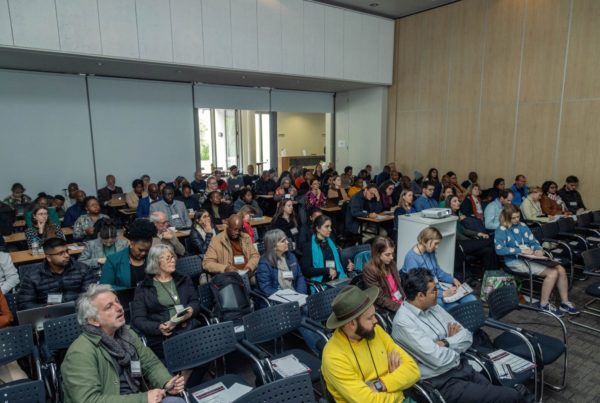Candidate: Amus Zoch
Supervisor: Doctor Rulof Burger
Co-supervisor: Professor Servaas van der Berg
Institution: Stellenbosch University, Faculty of Economic and Management Sciences, Department of Economics
Abstract:
The aim of this dissertation is measuring economic and social mobility in South Africa. The work from this thesis shows that various problems with survey responses can produce misleading impressions of the South African labour market and of income dynamics. This highlights the importance of measuring variables of interest accurately and to carefully consider the ways in which unreliable responses can bias the results of conventional estimators. It will be demonstrated that even the most appropriate estimator and identification strategy can fail to yield unbiased estimates if important measurement issues are ignored. To address these shortcomings this thesis applies and adapts new approaches to remedy well-known survey data reliability concerns. The most important findings of the three chapters are as follows: First, in the context of high unemployment and weak labour market attachment for many South African youth, the formulation of survey questions matters and approaches commonly used to elicit reliable responses in developed countries cannot be assumed to work equally well. This is particularly true for subjective measures. Hence, answers to the traditional question on reservation wages may fail to provide meaningful answers. It appears that different formulations and ordering of the reservation wage question can trigger different cognitive processes in the respondent that elicit different answers. However, using a series of questions intended to elicit a more accurate response, the new reservation wage measure seems to be more internally consistent and the regression results to be in line with labour market search models. Second, this thesis shows that estimating the speed of convergence between the poorest and richest households using micro growth regressions without controlling for measurement error would overestimate income mobility significantly. Therefore, a newly developed GMM estimator was applied to four large national panel studies to obtain less biased β estimates. The findings of four large representative national panel studies from the USA, South Africa, Chile and Tanzania show that naïve OLS regression coefficients would overestimate the extent of income mobility by a factor of about 4-6. The hypothesis of no measurement error can be rejected for all the countries observed. While the data reliability for the US, Chile and Tanzania correspond to their levels of economic development, South Africa’s data reliability appears to be unexpectedly high. The nonparametric estimates also show that the speed of convergence varies over the income distribution and that income is more reliably captured for richer than for poorer households. Third, the relative importance of family, neighbourhood and school quality in explaining variation in socio-economic outcomes are evaluated. Using spatial merging techniques to combine different data sets, new school wealth quintiles have been created that predict individual learner and school outcomes more accurately than the old school quintiles. This chapter provides evidence of the importance of quality education in explaining university enrolment. In addition, there seems to be a significant premium for quality education in labour markets earnings regressions, which confirms the long-term importance of schooling.
DOWNLOAD PDF





